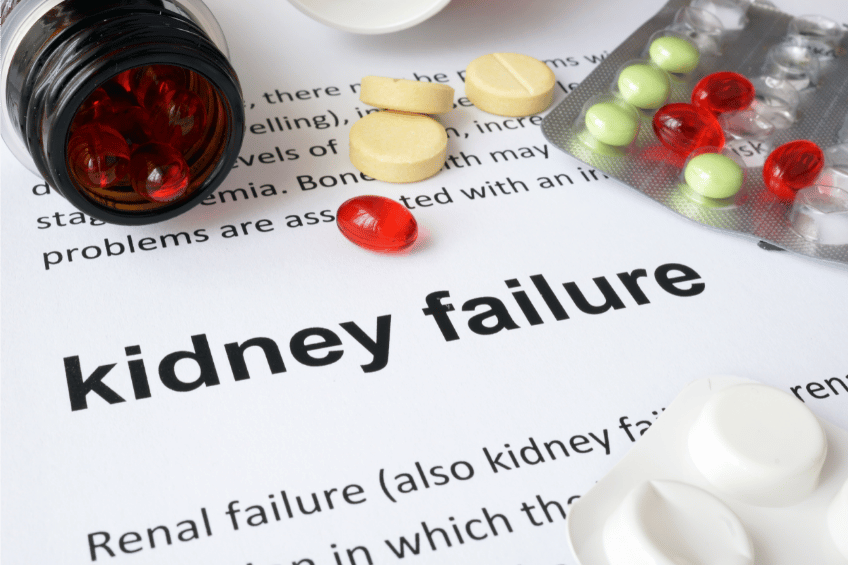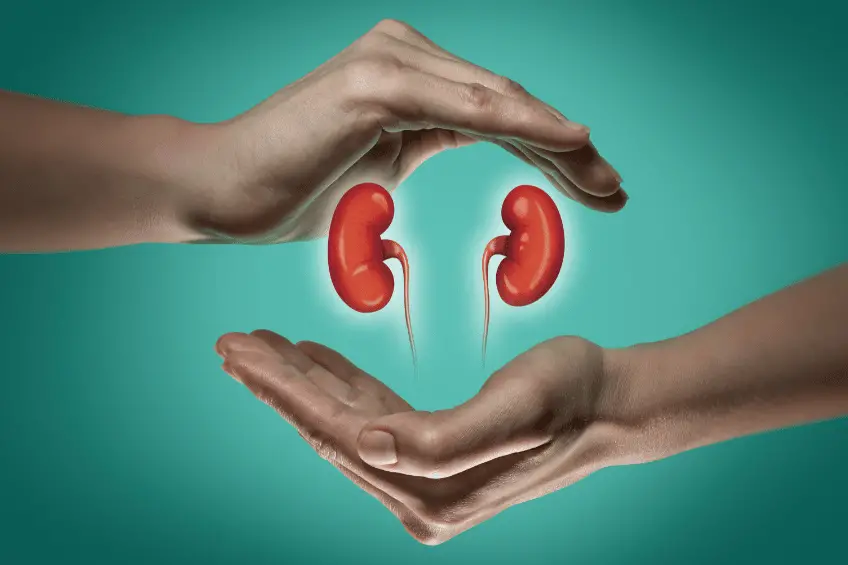Overview.
Kidney failure occurs when the kidneys partially or completely lose their ability to adequately remove waste from blood and control the level of fluid in the body. Kidney failure can happen suddenly or gradually, it depends on the causing factor. According to The National Kidney Foundation, the number of people suffering from kidney failure is increasing by 10-12% every year.
There are quite a lot of signs and symptoms of kidney disease, but usually patients confuse them with other conditions. Also, it is possible to lose up to 50% of kidney function or more, and still not experience any obvious symptoms. This is why only 10% of people with chronic kidney disease are aware of their diagnosis. Having kidney disease does not necessarily equal kidney failure. Most patients with kidney disease take medications for their condition and have certain diet restrictions, with some of them receiving dialysis to live a fulfilling life.
In this article we are going to review the symptoms of kidney failure. Knowing the warning signs of this condition can help you recognize symptoms early and see your doctor before it is too late.

What is kidney failure and what can cause it?
Acute kidney failure is when the kidneys stop working suddenly. This condition develops very quickly, often over just a few hours or days. The main cause of this type of kidney failure is acute damage to kidney tissues. Acute renal failure is characterized by a drop in the volume of excreted urine.
Acute kidney failure happens approximately in 150-200 people out of one million (National Kidney Foundation). Elders are at higher risk for this condition and 50% of patients with acute kidney failure require hemodialysis.
